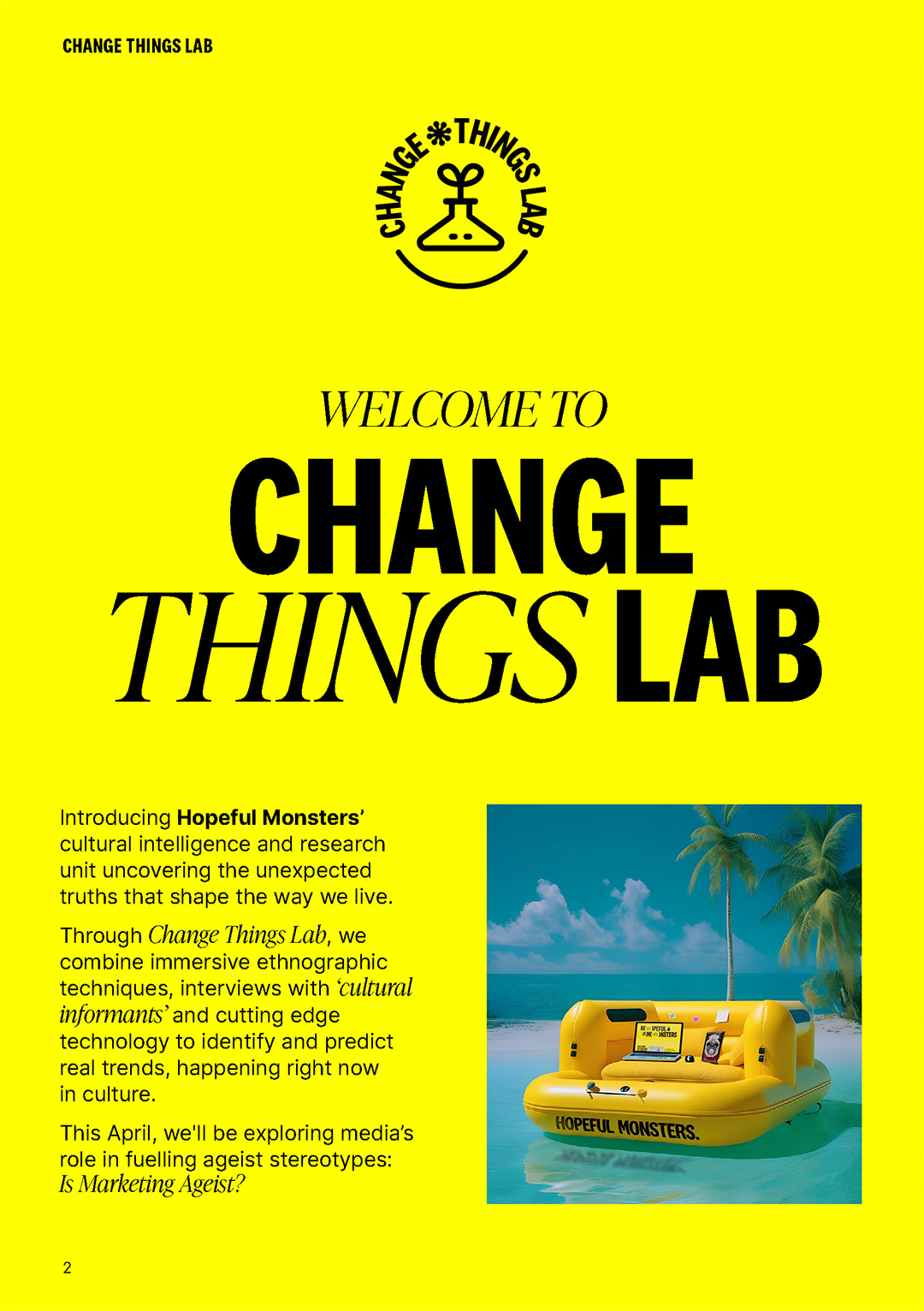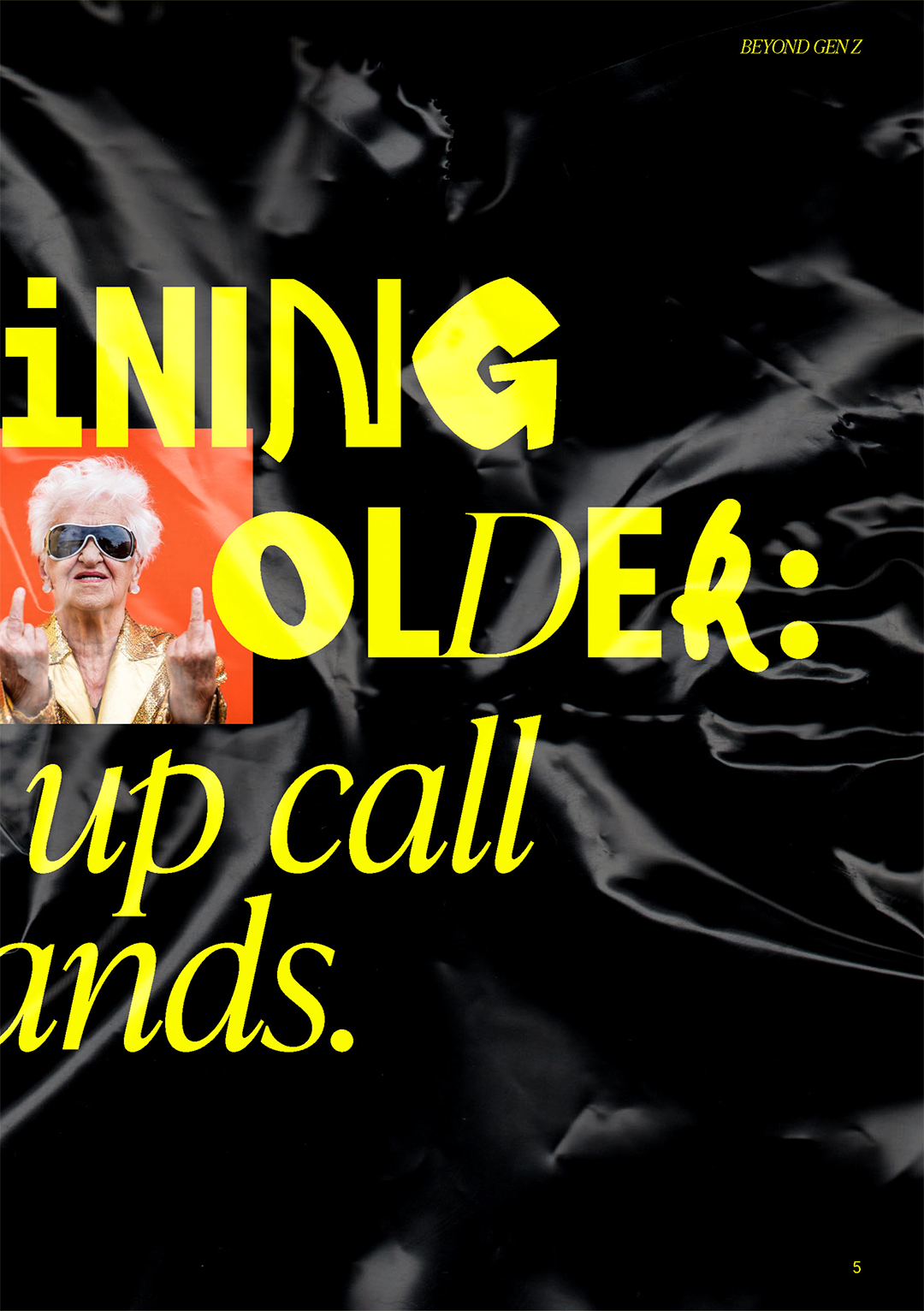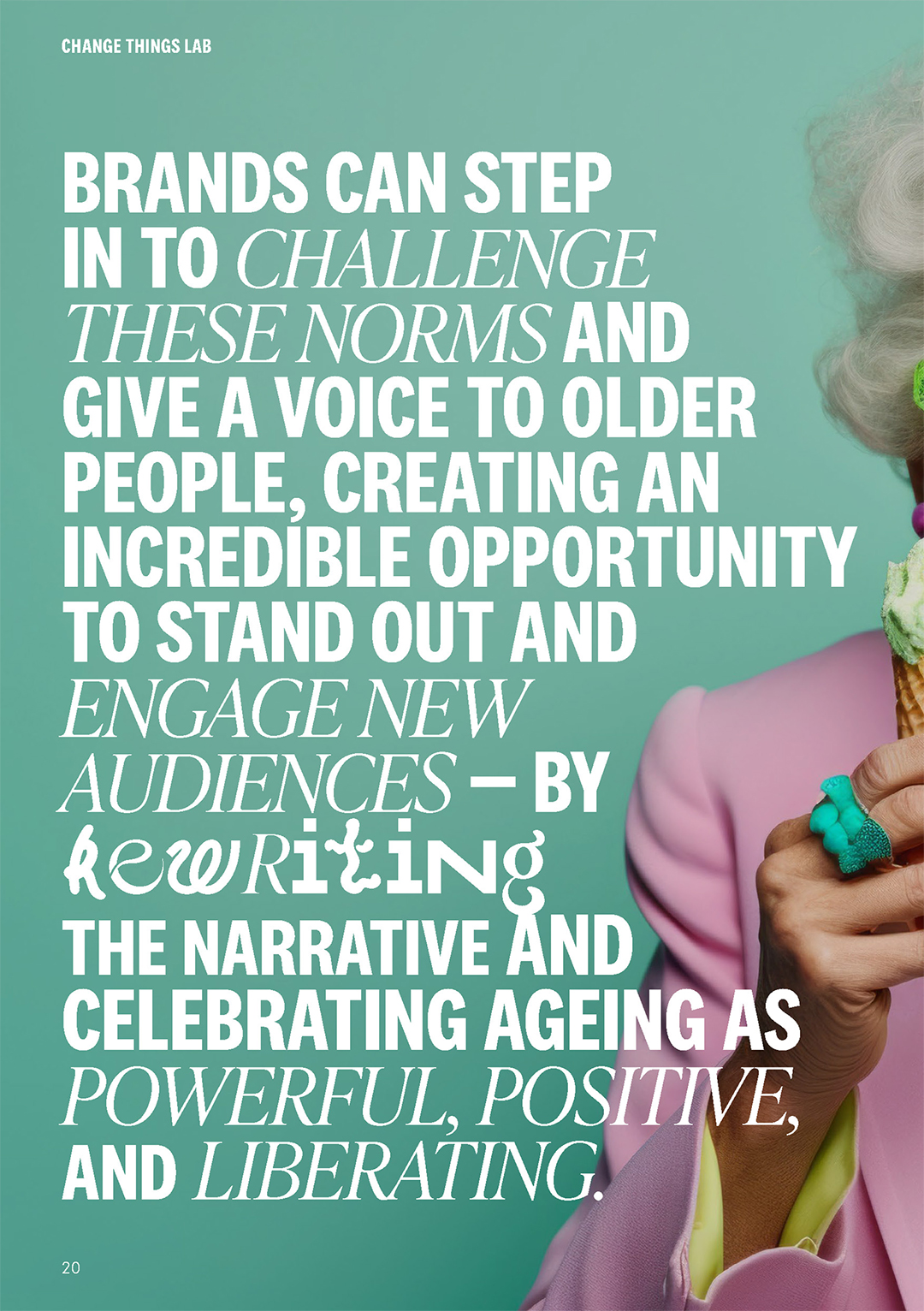June 25, 2024
OK, I'm going to start by getting all Tom Cruise in a Few Good Men. Do you remember the scene when Jack Nicholson gets all defensive?
"You want the truth? You can't handle the truth".
The truth is, nobody likes the truth.
I don't like it when someone tells me my idea is bang average.
I don't like it when a client calls me to say we dropped the ball on that one.
I don't like it when my daughter tells me to get off my computer and stop working.
My team don't like it when I say that idea looks nice but it isn't solving the problem.
My client doesn't like it when I tell them the brief is confusing.
My daughter doesn't like it when I tell her she has to eat her broccoli.
The truth hurts and rarely tastes nice.
However, nine times out of ten it needs to be said, because it will always make things better.
Unless you're a bit passive aggressive or an ego maniac.
In the increasingly complicated and bureaucratic industry we work in, the truth is scarce and hidden in a cupboard not to be spoken about. But if you're like me, you can't stop staring at that cupboard hoping someone will open it and set it free. If I'm in a meeting with you and I'm staring at your cupboard, I'm not being weird, that's what I'm doing.
Of course, this certainly isn't the first opinion about the importance of truth to land on the Internet. I'd argue, that's in abundance.
But truth might just be the simplest way to breakout of a nonsense process that's not getting you anywhere.
So, why can't we handle the truth and more importantly, what can we do about it? Because truth is the most important ingredient for making or breaking great campaigns and relationships.
In marketing and life, truth can be subjective.
My truth is different to your truth on any given subject, that's human nature. And because we have so much data my truth can be as valid and evidence based as your truth.
For example, a client's brief might tell me awareness is down, we need to be in high reaching, paid broadcast media with a simple, distinctive message talking about our benefits. That's what the science says.
I might say that's not the best thing to do because you invest significantly less than the competition and you're smaller, why not do something more earned-led and unexpected. That's what the science says.
The thing is, both of these truths are true. Being open-minded about different truths is important. Being able to hold two opposable truths in your head at the same time and act on them is leadership.
We might go, OK, we're both right. How about we do an earned led-campaign, with good levels of paid media investment? An idea we can advertise rather than an advertising idea if you will. Oversimplified, but you get the gist.
Life is stressful enough, the truth doesn't help.
The truth often shines a light on something deep down we know, but don't want to address. It will open a massive can of worms that feels too hard to tackle, so we change the truth to something more palatable, easy or worse, an abstract metric to hit rather than a problem to solve.
It's an oldie but a goodie, but in Jon Steel's book 'The Perfect Pitch' he retells the story of a pitch for Porsche. When asked what they thought of Porsche drivers, one research participant drew a picture of them with the word 'Arseholes' in capital letters. How's that for the truth?
I'm not sure if this one is an urban myth, but an agency in the UK was pitching for the Transport for London account. To show how people felt about the brand, they left the CEO and their team in reception waiting for 30 minutes. I have no idea if they managed to handle this truth, but a good point well made.
At the end of the day, I believe life's too short not to tackle the truth. We’re all grown ups, we can handle it.
And agencies, please don't bore clients with 100 slides, charts and frameworks that do everything other than get to the point. What's really going on here? An honest perspective, presented in a powerful way should be at the heart of what we give clients.
At Hopeful Monsters, we talk about the monster in the room (or cupboard) from the first time we meet a client. The bigger the monster, the more hopeful we are about finding the right solution. Because the bigger the monster, the better the idea. Bizarrely, they’re also easier to come up with.
























